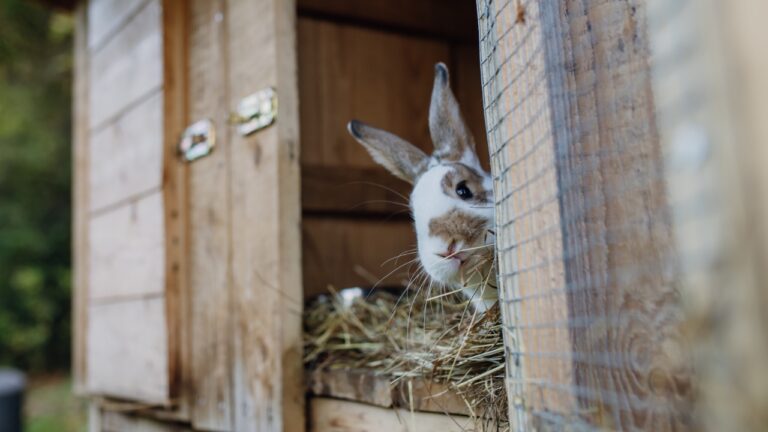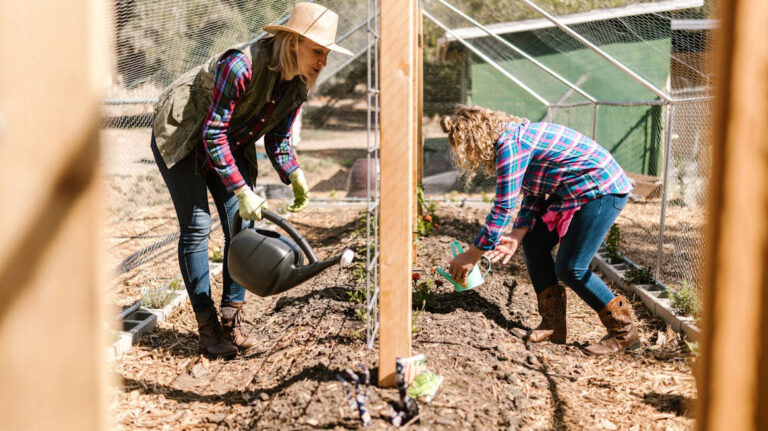10 City Habits That Make Country Living Harder
Moving out to the country comes with a lot of perks—space, quiet, self-reliance—but it also asks you to shake off some habits you probably didn’t think twice about in the city. What worked in an apartment or suburban neighborhood doesn’t always translate well to land, livestock, and a slower pace.
These habits can cause more frustration than they’re worth, and dropping them early makes the transition a lot smoother.
Expecting Instant Fixes

Out here, things break—and getting them fixed isn’t always fast. You can’t count on a same-day plumber or Amazon showing up tomorrow. It takes a shift in mindset. You start learning how to patch things yourself, or you wait a week for a part to come in. Patience and problem-solving go further than panic and impatience.
Ignoring Weather Forecasts

In the city, the weather’s background noise. In the country, it runs your whole day. Rain can turn your driveway into a mud pit. Frost can ruin your garden overnight. High winds might knock out your power. Watching the forecast and planning around it becomes second nature pretty quick.
Throwing Things Out Too Soon

That broken rake? That extra fence wire? In the city, it’d hit the trash. Out here, it goes in the barn—you might need it later. Rural living has a lot more reuse and repurposing built into it. You start to see value in things that aren’t brand new.
Being Loud at the Wrong Times

Country living isn’t silent, but there’s an unspoken rhythm to it. Folks tend to keep things quieter early in the morning and after dark. If you’re running power tools at 6 a.m. or blaring music at 10 p.m., you’ll stand out fast—and not in a good way.
Assuming Everyone’s on Your Schedule

Rural folks move slower, not because they’re lazy, but because they’re managing more with less. You might not get a text back right away. Your neighbor may stop by unannounced instead of calling. Relationships here are built differently—more face-to-face, more flexible.
Not Learning Local Skills

You don’t have to become a master gardener or fix every engine, but if you rely entirely on hired help, you’re going to stay frustrated. Learning basic skills—how to sharpen a blade, treat a sick chicken, or find a water shutoff—saves you time and money.
Relying on Store-Bought Everything

The nearest grocery store might be 30 minutes away, and it’s probably not stocked like a city store. You’ll end up learning to keep a stocked pantry, make more from scratch, and stretch what you have. It’s not inconvenient—it’s just different.
Being Unprepared for Critters

City folks are used to pest control on speed dial. Out here, you’re sharing your space with snakes, mice, coyotes, and bugs you’ve never seen before. If you leave pet food out or don’t secure your coop, you’ll learn fast. You have to think a few steps ahead of nature.
Expecting Paved Roads and Streetlights

Most country roads are gravel or dirt, and you might go miles without seeing a single streetlight. That means keeping your tires in good shape, your gas tank from getting too low, and a flashlight near the door. It’s not unsafe—but it is different.
Thinking You Can Do It All Alone

Self-sufficiency is great, but no one really goes it alone. Country neighbors help each other—not out of obligation, but because that’s how things get done. Whether it’s borrowing a tool or jumping a battery, you’ll need each other eventually. It’s a give-and-take you’ll grow to appreciate.
*This article was developed with AI-powered tools and has been carefully reviewed by our editors.







